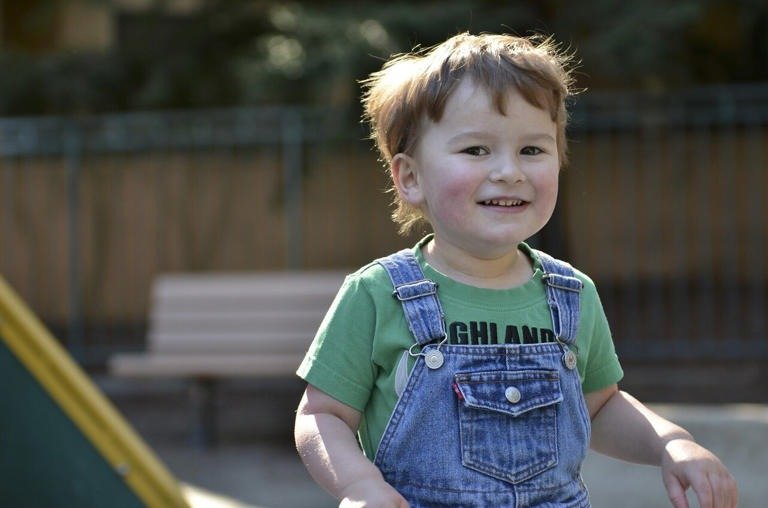New Study Suggests Higher Amounts of Intervention May not be More Helpful for Children on the Autism Spectrum

Source: https://www.msn.com/
A recent study led by Micheal Sandbank and colleagues examined the effectiveness of intensive interventions for children diagnosed with autism. Traditionally, health care professionals have recommended 20-40 hours per week of intensive interventions to support the development of autistic children.
Key Highlight:
New study findings Led by Dr. Micheal Sandbank from UNC School of Medicine, analyzed data from 144 early childhood intervention studies involving over 9,000 children aged 0 to 8, found that increasing the intensity of interventions did not necessarily lead to better outcomes.
Published in JAMA Pediatrics, the meta-analysis concluded that higher intensity interventions did not result in greater benefits for young autistic children compared to less intensive approaches. This challenges the widely held belief that more intervention hours translate to better developmental progress in autistic children.
Micheal Sandbank, the study’s lead author, emphasized that there isn’t robust evidence supporting the effectiveness of increasing intervention hours. Instead, he and his team recommend that practitioners consider what level of intervention is developmentally appropriate for each child and supportive to their family.
The predominant approach for autistic children in the US is Early Intensive Behavioral Intervention (EIBI). This method is based on clinical guidelines established following a 1987 study.
The study demonstrated that autistic children who underwent 40 hours of behavioral intervention per week showed greater cognitive improvement compared to those receiving only 10 hours per week. Researchers measured intervention amount using “intensity,” “duration,” and “cumulative intensity.
The findings suggest that clinicians should avoid recommending a specific amount of intervention as a default and instead consider what would be developmentally appropriate for each child and supportive to their family.
More high-quality studies are needed to determine the optimal amount of intervention that is effective while minimally disruptive to a child’s life.
Intensive interventions may deprive children of critical rest, family socialization, and other important experiences.
Image Source: https://www.msn.com/




